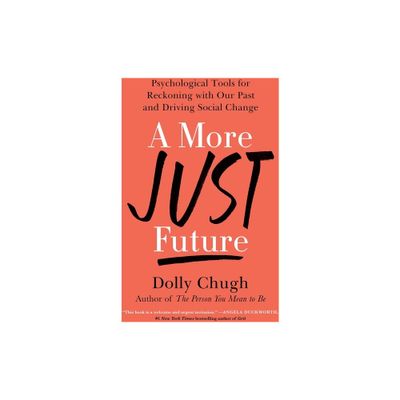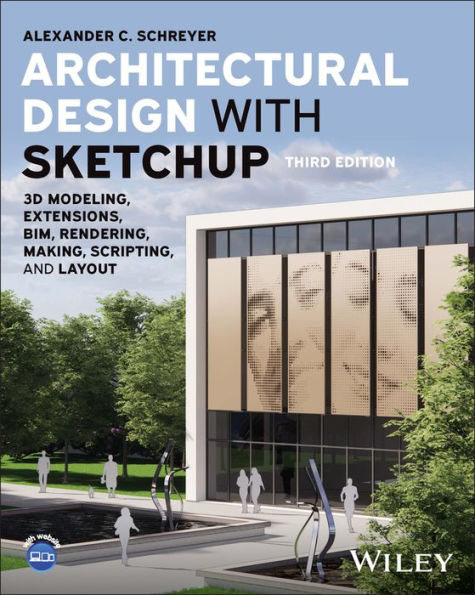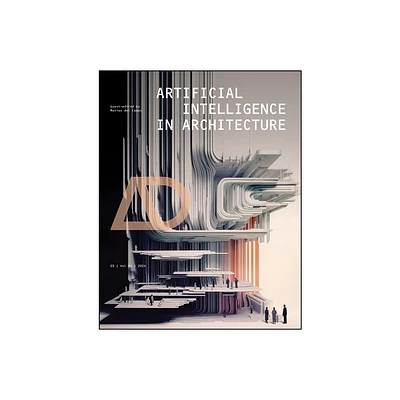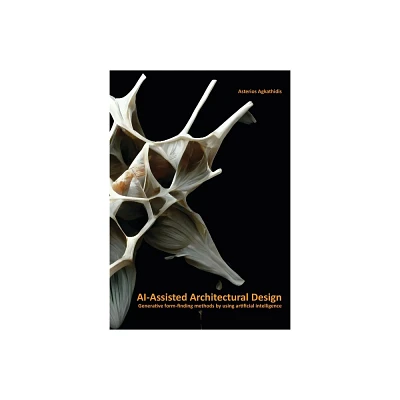Home
Architecture, Theology, and Ethics: Making Architectural Design More Just
Loading Inventory...
Barnes and Noble
Architecture, Theology, and Ethics: Making Architectural Design More Just
Current price: $110.00


Barnes and Noble
Architecture, Theology, and Ethics: Making Architectural Design More Just
Current price: $110.00
Loading Inventory...
Size: Hardcover
*Product Information may vary - to confirm product availability, pricing, and additional information please contact Barnes and Noble
Architecture, Theology, and Ethics: Making Architectural Design More Just
argues that architecture, design, and creativity are theological-ethical concerns that ought to be considered more deeply by Christians who are committed to social and environmental justice. Elise M. Edwards discusses the significance of architectural design, entering into ongoing conversations in theological ethics and aesthetics. She argues that architectural design is not just a professional practice for wealthy clients, but rather an activity that everyday people undertake when making choices that shape the spaces they inhabit. If Christians think theologically about their agency in these decisions, they will discover that architectural design becomes an opportunity to contribute to the flourishing for humanity and God’s creation. Edwards proposes an approach to architectural design that presents it as prophetic action with the power to shape our world. This book then presents five moral commitments that guide design intentions and the process of design towards justice and inclusion. Grounded in liberationist, feminist, and womanist thought,
Architecture, Theology, and Ethics
makes a compelling case for architecture’s relevance to Christian ethics and theology.
argues that architecture, design, and creativity are theological-ethical concerns that ought to be considered more deeply by Christians who are committed to social and environmental justice. Elise M. Edwards discusses the significance of architectural design, entering into ongoing conversations in theological ethics and aesthetics. She argues that architectural design is not just a professional practice for wealthy clients, but rather an activity that everyday people undertake when making choices that shape the spaces they inhabit. If Christians think theologically about their agency in these decisions, they will discover that architectural design becomes an opportunity to contribute to the flourishing for humanity and God’s creation. Edwards proposes an approach to architectural design that presents it as prophetic action with the power to shape our world. This book then presents five moral commitments that guide design intentions and the process of design towards justice and inclusion. Grounded in liberationist, feminist, and womanist thought,
Architecture, Theology, and Ethics
makes a compelling case for architecture’s relevance to Christian ethics and theology.


















